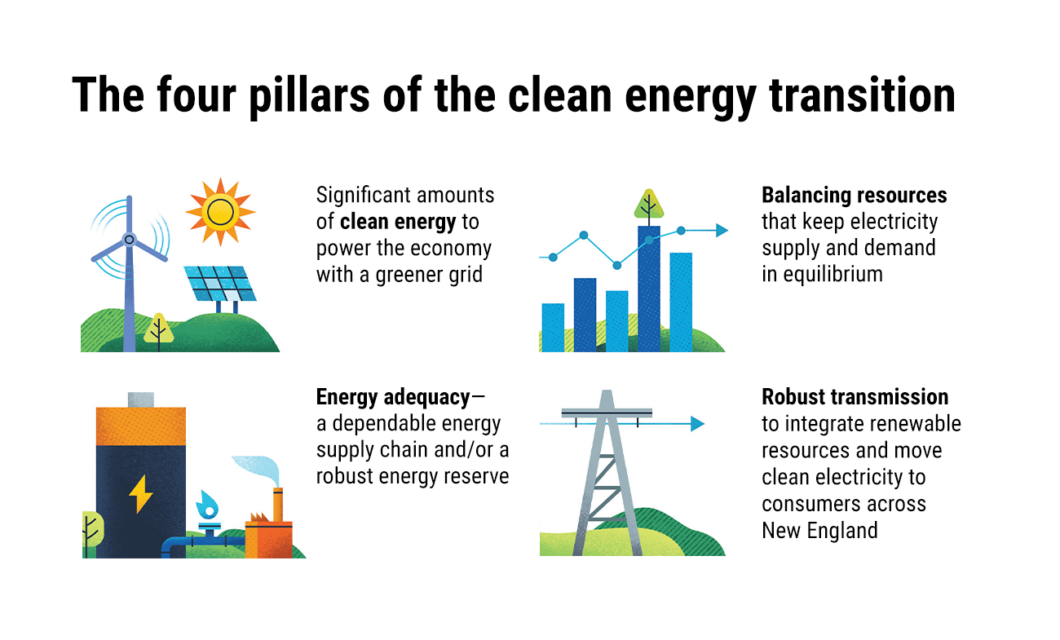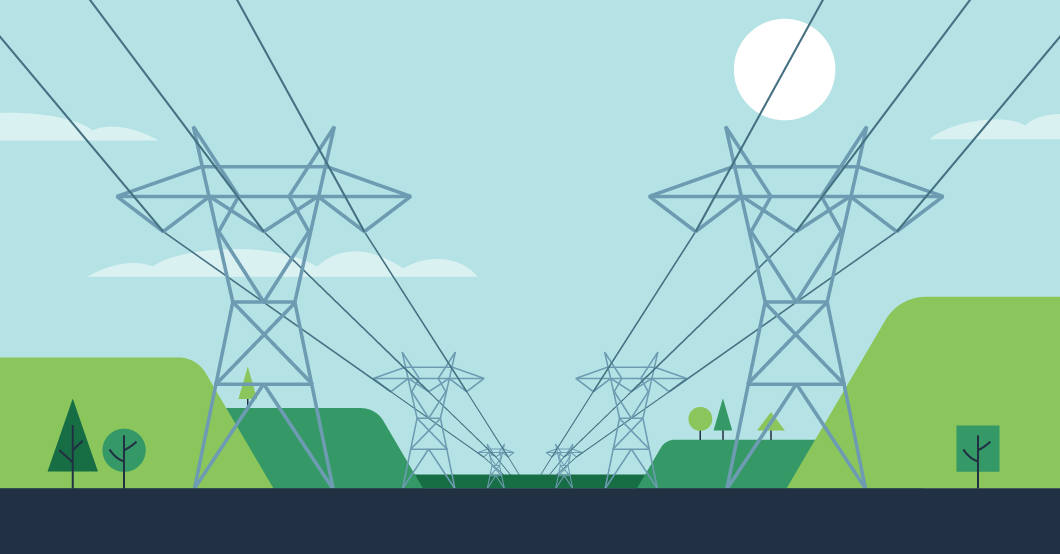ISO-NE CEO, staff discuss reliability in winters past, present, and future at FERC conference
The reliability of New England’s bulk power system is fundamental to a successful clean energy transition, ISO New England President and CEO Gordon van Welie said at a recent Federal Energy Regulatory Commission (FERC) conference on winter operations.
FERC commissioners heard from a range of energy industry stakeholders during the New England Winter Gas-Electric Forum, held Sept. 8 in Burlington, Vermont. Panelists discussed the challenges the grid faces during the winter months, when cold weather splits demand for the region’s limited supply of natural gas between home heating and electrical generation.
Speaking during a roundtable discussion, van Welie emphasized the role of energy adequacy—one of the four pillars ISO-NE has identified as crucial to the transition.
“We will need significant quantities of stable, long-duration balancing energy, even when we have more renewables in the system,” van Welie told the commissioners.

Two ISO managers participated in sessions earlier in the day.
Stephen George, director of operational performance, training and integration, spoke during a panel on the historical context of New England’s winter gas and electric system challenges. In a presentation on New England’s evolving resource mix and current fuel infrastructure, George outlined the four pillars, discussing the importance of balancing resources and energy adequacy.
“In the context of New England and its vast renewable energy potential, we need to make sure that we have a plan that ensures energy adequacy throughout the transition to renewables,” George said, noting that the region must retain sufficient infrastructure and stabilize fuel supply chains until enough clean energy is available to meet demand.
Responding to a question about New England’s greatest energy challenges, George cited steps outlined in a recent ISO problem statement and call to action on energy adequacy. The statement called for reducing the region’s dependency on imported liquefied natural gas (LNG) while securing and stabilizing the fuel’s supply chain in the shorter term.
“In the long term, we need to get out of the business of tracking LNG ships across the ocean,” George said. “It’s not sustainable, it’s not reliable, it’s probably not very efficient, but that’s what we do today.”
Mike Knowland, manager of operations forecast and scheduling, fielded questions during a panel discussing concerns regarding winter 2022-2023 and beyond.
Presentations from George and Knowland are available online. A video of the conference is also available.
- Categories
- Recent Publications & Events
- Tags
- clean energy, FERC, natural gas, winter



